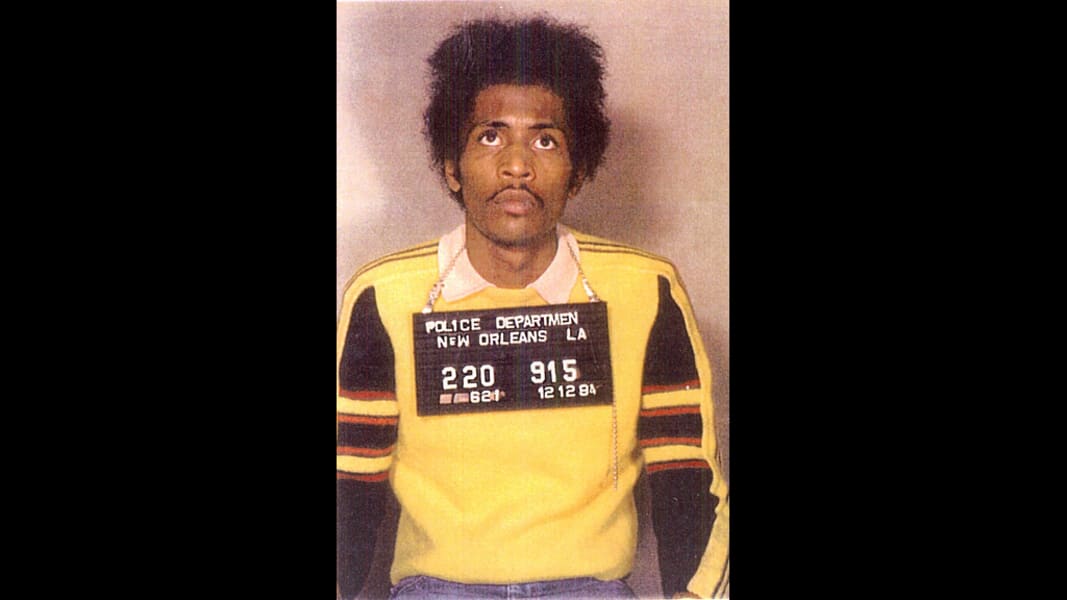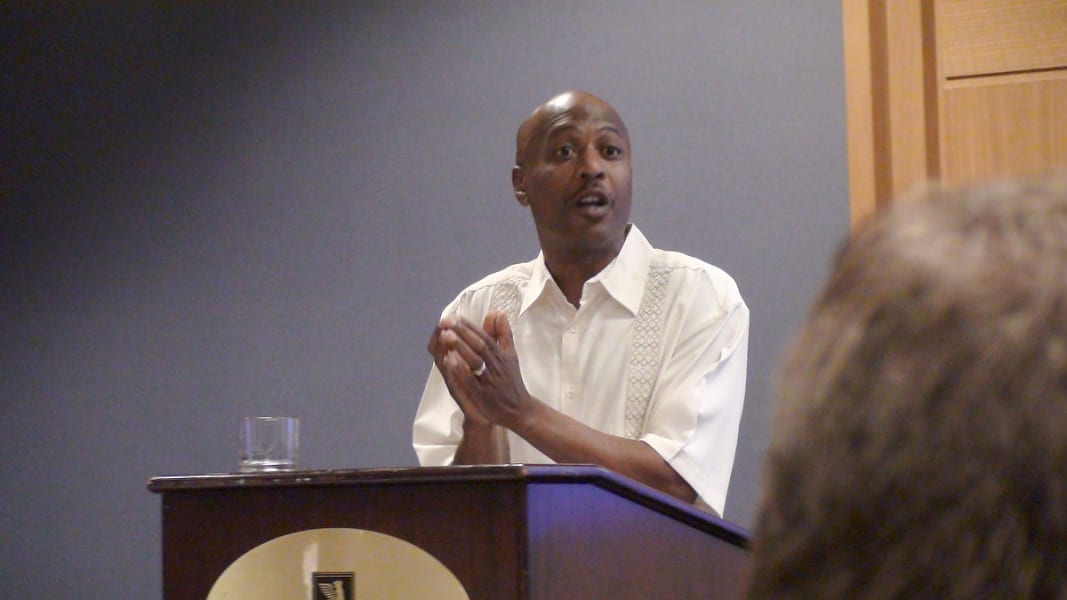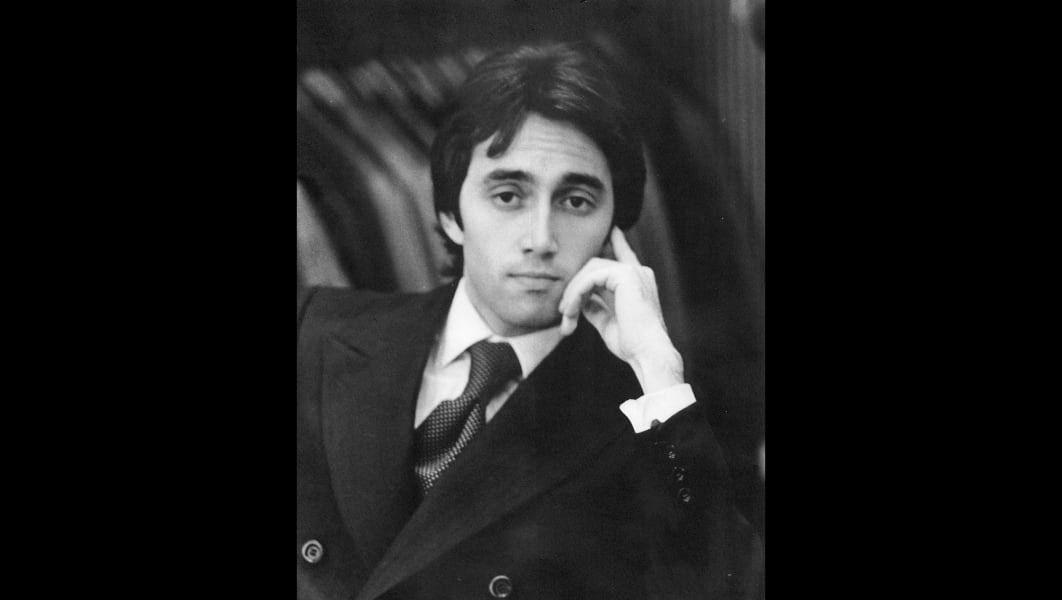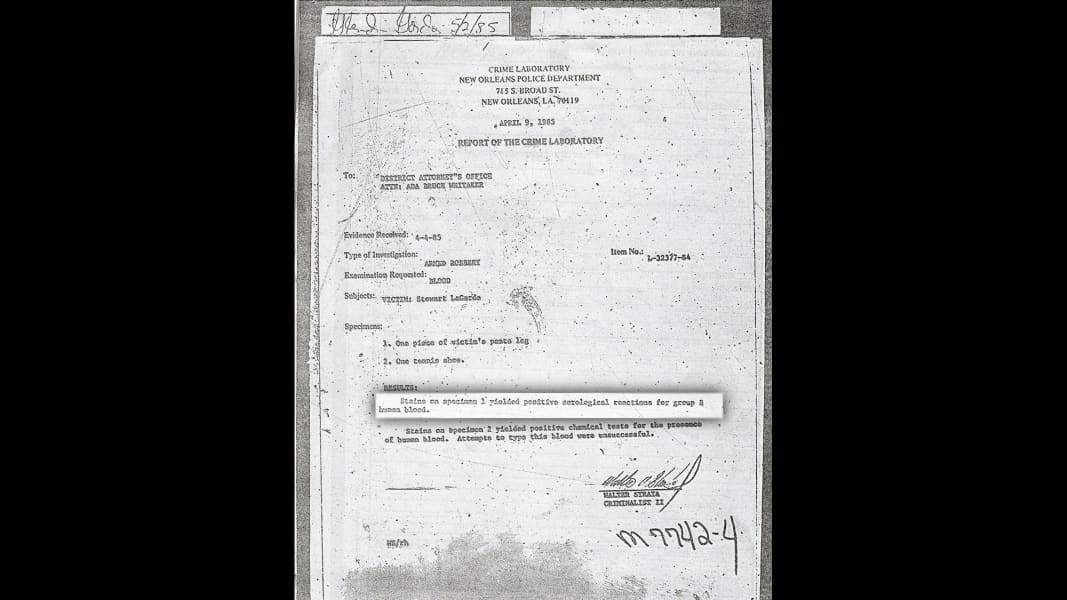Share
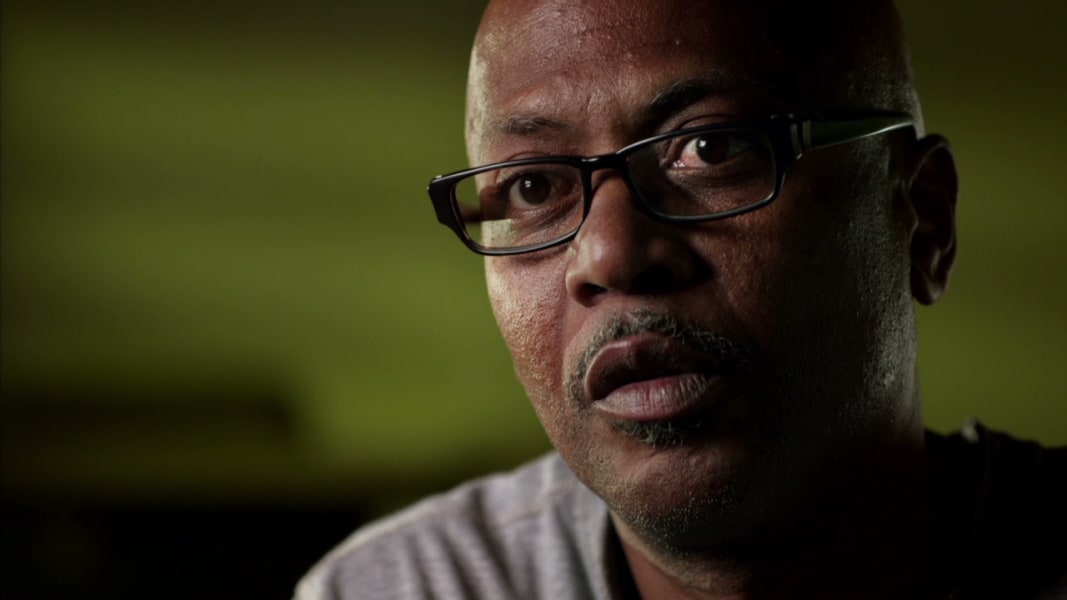

1 of 15
John Thompson was just weeks away from being executed when his legal team discovered evidence that saved his life. Thompson's story has become legendary in legal circles, leading all the way to the U.S. Supreme Court. Click through the photos for details.
In the early morning of December 6, 1984, businessman Ray Liuzza Jr., 34, was walking home after celebrating his promotion to vice president of one of New Orleans' biggest hotels. New Orleans Police Department
Liuzza was approached by someone on the sidewalk outside his apartment, where he was robbed, shot and later died in hospital. courtesy Maureen Liuzza
The Liuzza family and supporters offered a $15,000 reward for information leading to a conviction in the killing. court exhibit
After the reward was announced, a man named Richard Perkins contacted the Liuzzas. According to U.S. Supreme Court documents, police surreptitiously recorded Perkins telling the family, "I don't mind helping [you] catch [the perpetrator], ... but I would like [you] to help me and, you know, I'll help [you]." Perkins claimed he had possession of the murder weapon, which according to some reports, had been bought from John Thompson. Perkins said Thompson had an accomplice named Kevin Freeman. court exhibit
Police arrested Freeman, who admitted to being at the Liuzza murder scene but told police it was Thompson who pulled the trigger. After testifying for the prosecution, Freeman was charged and convicted of being an accessory to the murder and was sentenced to five years in prison. New Orleand Police Department
Also arrested was Thompson, who said he was innocent. Thompson had never been convicted of a violent crime. Under the law, prosecutors could not seek the death penalty unless Thompson had a previous violent crime conviction. While Thompson was in jail, prosecutors accused him in a violent carjacking case. Prosecutors tried Thompson in that case and a jury convicted him. With a previous felony now on his record, prosecutors were able to seek the death penalty against Thompson in the Liuzza case. He was tried, convicted and sentenced to death. courtesy John Thompson
Louisiana set Thompson's final execution warrant for May 20,1999. With just weeks left until the scheduled execution, appellate attorneys Michael Banks and Gordon Cooney had run out of appeals. The situation was desperate.
Thompson's legal team — including private investigator Elisa Abolafia — wondered why blood evidence in the carjacking case had never been introduced during Thompson's first trial. CNN's "Death Row Stories" obtained crime scene photos of the carjacking blood evidence which have never before been made public. This image shows blood on the victim's pants. New Orleans Police Department
If prosecutors were so sure Thompson was the carjacker, they would have tested his blood and presented the test results as evidence, Abolafia told CNN's "Death Row Stories." "That would have been your nail (in the coffin.)" CNN
But for some reason, prosecutors had not presented the blood evidence. Thompson's legal team needed to find out if Thompson's blood type matched the blood report evidence in the carjacking case. New Orleans Police Department
This 1985 New Orleans police report says the stains on the victim's pant leg tested "positive" for "group B human blood." The blood stains were not from the victim. To prove Thompson wasn't the carjacker, Thompson's legal team needed to determine Thompson's blood type. court exhibit
Thompson had been treated years ago for an injury at a local hospital. Abolafia begged someone she knew there to help her. "I said, 'three weeks from now this man's going to be executed. It's a matter of life and death. Please dig it up for me.' And she did." The hospital report proved Thompson has type O blood — different from the blood type of the carjacker. It was the carjacking conviction that led to Thompson receiving the death penalty. The blood type evidence blew the case wide open, and saved Thompson from being executed. court exhibit
The blood evidence led to the discovery of other information that Thompson's defense attorneys had not been made aware of, Thompson's lawyer Gordon Cooney told CNN's "Death Row Stories." He said a previously unknown witness near the crime scene on the night of Liuzza's killing said she saw an armed man with close-cut hair running past her. That description supported Thompson's case, because at the time he wore his hair in a big bushy Afro style, while Freeman had close-cut hair. Freeman died in 1995. New Orleand Police Department
Judges granted Thompson a retrial, which took place in 2003. This time, jurors reached a different verdict: not guilty. After 18 years, Thompson was free. In 2008, he won a $14 million award from a civil lawsuit against the district attorney's office, alleging his wrongful conviction had resulted from prosecutor misconduct. But the case was appealed to the U.S. Supreme Court, where the award was denied in a 5-4 decision. Thompson has founded a nonprofit organization aimed at rehabilitating people who have been exonerated of crimes and released from prison. courtesy John Thompson

